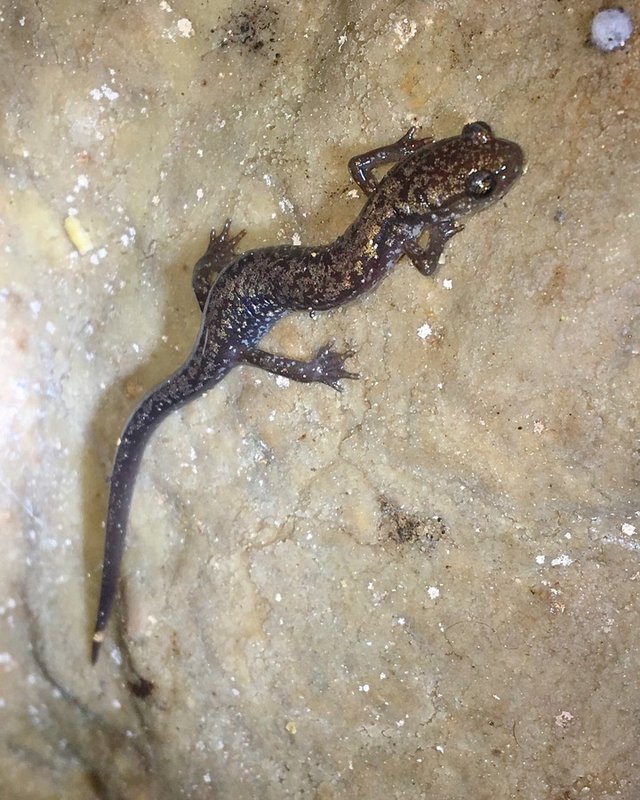For Immediate Release, August 5, 2025
|
Contact: |
Trisha Sharma, (971) 717-6419 x 429, [email protected] |
Endangered Species Protection Sought for Rare Virginia Salamander
ROANOKE, Va.— The Center for Biological Diversity today petitioned the U.S. Fish and Wildlife Service to protect the imperiled Dixie Caverns salamander under the Endangered Species Act. These salamanders are found in just three locations in Roanoke County, Virginia, and are threatened by deforestation, development, disease and climate change.
“Dixie Caverns salamanders are some of the most imperiled animals in the world and they desperately need Endangered Species Act protections to keep them from going extinct,” said Trisha Sharma, a legal fellow at the Center. “These sparkly little salamanders are an irreplaceable part of what makes caves and forests in the Southeast so special. It’s up to the Fish and Wildlife Service to act urgently to protect them and the places they live before it’s too late.”
Dixie Caverns salamanders are generally small and slender, with white and brassy flecks along their dark bodies. The salamanders were discovered in the Dixie Caverns cave system in Roanoke, where their populations have declined in the last several decades. An interstate highway was built over the cave system, which causes stormwater runoff and pollution from road construction projects to enter the caves and disrupt the sensitive ecosystem.
Climate change also threatens Dixie Caverns salamanders. They breathe through their skin and require a cool, stable climate to keep their skin moist.
Dixie Caverns salamanders have been found in two other locations where they rely on forested canopy cover, fallen leaves and logs to create the cool, moist microclimates they require. At least one of these populations has likely been destroyed by clearcutting of forest habitat for pipeline construction.
Virginia is a global hotspot of salamander diversity, in part because of the many microhabitats associated with the unique geology of the Appalachian Mountains. The state is home to nearly 60 different salamander species, including the endangered Shenandoah salamander.

The Center for Biological Diversity is a national, nonprofit conservation organization with more than 1.8 million members and online activists dedicated to the protection of endangered species and wild places.

